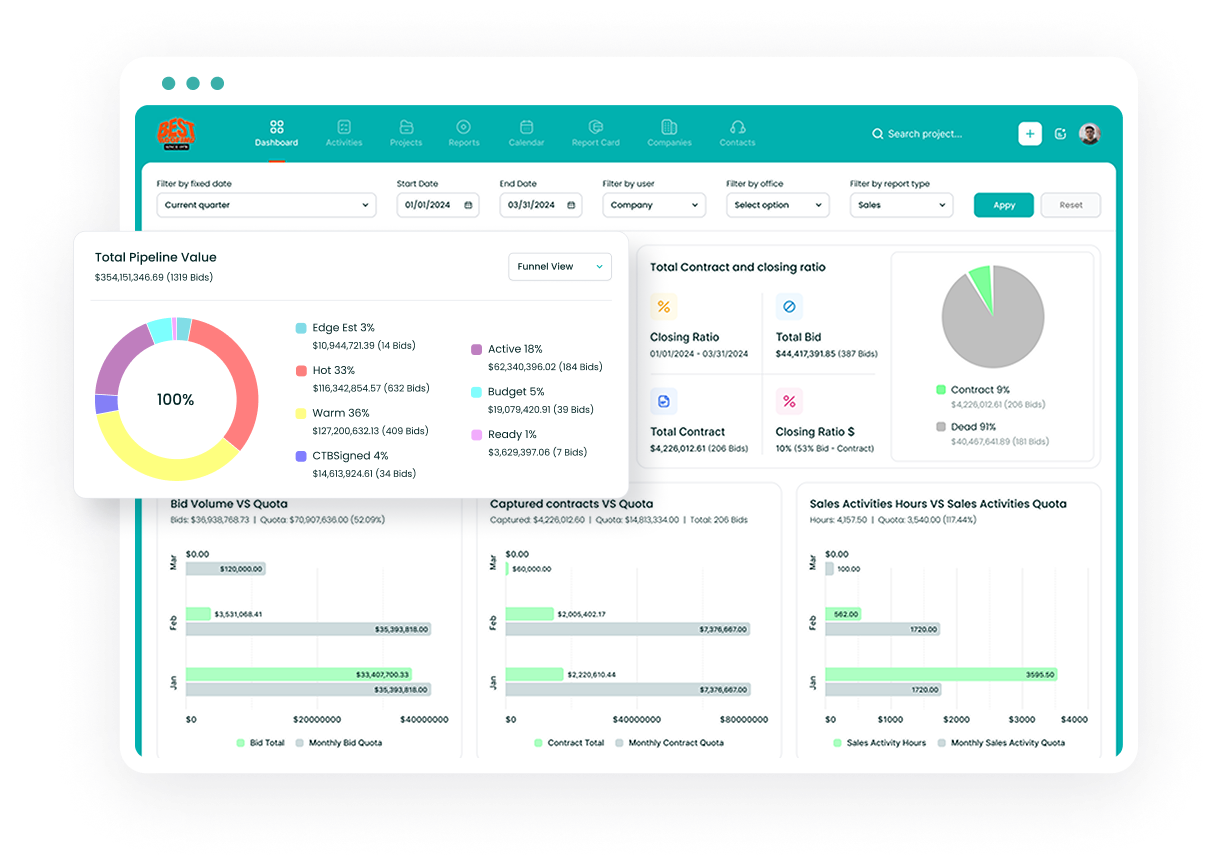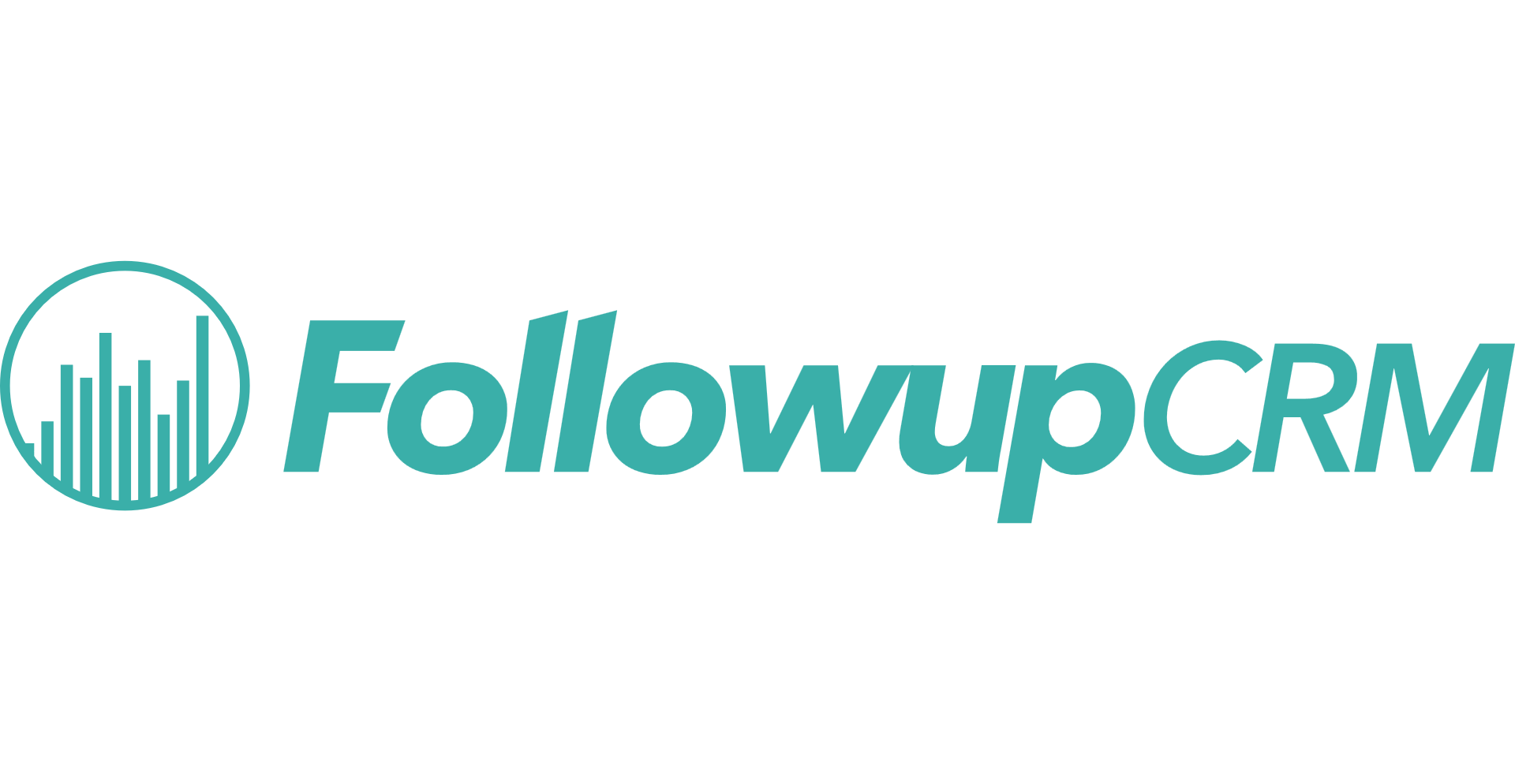Jobber vs KickServ
Field service management software has become essential for modern service businesses seeking to optimize their operations. Jobber and KickServ represent two prominent solutions in this space, each offering unique capabilities to help businesses streamline their workflows and enhance customer service. Both platforms have evolved to meet the growing demands of service professionals, from scheduling and dispatching to invoicing and customer relationship management. This detailed comparison will examine how these two platforms stack up against each other, helping you make an informed decision for your organization's needs.
Understanding Field Service Management Software Fundamentals
Field service management software revolutionizes how businesses handle their daily operations. Jobber operates as a comprehensive cloud-based solution that caters to various service industries, including landscaping, plumbing, and HVAC. The platform emphasizes user-friendly interfaces and automation features that help small to medium-sized businesses manage their operations efficiently. KickServ similarly provides cloud-based tools focused on managing bids, estimates, jobs, and scheduling through a shared online calendar system.
These platforms differ in their approach to core functionality. While Jobber focuses on providing a complete end-to-end solution with advanced features like route optimization and client notifications, KickServ concentrates on delivering essential services with a straightforward approach. This distinction becomes particularly important when considering the specific needs of different business sizes and types.
The evolution of both platforms reflects the changing needs of service businesses. Jobber continuously updates its features based on user feedback and industry trends, while KickServ maintains a more focused approach on core functionalities that service businesses need most.
Scheduling and Customer Management Capabilities
The scheduling interface stands as a crucial component for both platforms. Jobber's calendar system provides multiple viewing options and includes route optimization features that help businesses plan efficient service routes. The platform allows users to create recurring appointments, manage team assignments, and send automated customer notifications. KickServ offers similar scheduling capabilities through its shared online calendar, though with less emphasis on route optimization.
Customer management features in both systems help businesses maintain detailed client records and communication histories. Jobber's client hub enables customers to view their service history, approve quotes, and make payments online. KickServ maintains customer profiles and job histories, though its self-service capabilities are more limited compared to Jobber's offering.
Mobile Application Performance and Functionality
Mobile applications have become vital tools for field service professionals who need instant access to critical information while working on-site. The ability to manage operations remotely directly impacts team efficiency and customer satisfaction, making the choice of mobile platform particularly significant for service businesses.
Jobber's comprehensive mobile solution offers these advanced capabilities:
- Real-time GPS tracking and route optimization
- Digital signature collection and photo documentation
- Automated customer notifications and on-my-way texts
- Offline functionality for continuous operation
- Instant payment processing with multiple payment options
- Customizable job forms and checklists
KickServ's mobile platform provides these core functionalities:
- Basic scheduling and job status updates
- Customer contact information access
- Time tracking capabilities
- Simple job documentation features
- Basic payment processing options
Pricing Structures and Value Proposition
Understanding the cost implications helps businesses make informed decisions about their software investments. Jobber structures its pricing into three tiers: Core at $69 per month for single users, Connect at $169 monthly for up to seven users, and Grow at $349 monthly for up to thirty users. Each tier progressively adds more features and capabilities to meet growing business needs.
KickServ takes a different approach to pricing, starting at $47 monthly for its Lite plan. However, detailed pricing information for higher tiers requires direct contact with their sales team. This pricing structure may appeal to smaller businesses looking for basic functionality at a lower entry point.
The value proposition extends beyond mere pricing. Both platforms offer different features at each tier, requiring careful consideration of which features are essential for specific business operations. Integration capabilities, customer support levels, and additional services factor into the overall value equation.
Integration Capabilities and Third-Party Connections
Modern business operations require seamless connectivity between different software solutions. Jobber excels in this area by offering integrations with:
- Popular accounting software like QuickBooks and Xero
- Payment processing systems including Stripe and PayPal
- Marketing tools such as Mailchimp
- Various other business management platforms
KickServ maintains essential integrations, particularly with QuickBooks, but offers fewer third-party connections compared to Jobber. This limitation might impact businesses requiring extensive software integrations for their operations.
Customer Support and Training Resources
Both platforms recognize the importance of proper support and training for their users. Jobber provides comprehensive support through multiple channels, including phone, email, and chat during business hours. Their knowledge base contains extensive documentation, tutorial videos, and regular webinars to help users maximize the platform's potential.
KickServ's support team receives positive feedback for responsiveness and helpfulness. However, their training resources and documentation may not be as extensive as Jobber's offerings. This difference becomes particularly relevant during the initial implementation phase and when training new team members.
The availability of support resources significantly impacts the overall user experience and successful implementation of either platform. Businesses should consider their team's technical expertise and support needs when evaluating these options.
Reporting and Analytics Capabilities
Both platforms provide essential reporting tools to track business performance and growth. Jobber offers comprehensive reporting features that generate detailed insights about job profitability, team productivity, and revenue trends. These reports help businesses identify areas for improvement and make data-driven decisions about resource allocation and pricing strategies.
KickServ provides standard reporting functionality with basic metrics tracking and performance analysis. The platform generates reports on job completion rates, revenue, and customer satisfaction, though the depth of analysis may not match Jobber's extensive reporting capabilities. Business owners appreciate the straightforward presentation of key performance indicators that help monitor daily operations.
Team Communication and Project Tracking
Modern field service operations require robust communication tools to maintain seamless coordination between office staff and field technicians. Both Jobber and KickServ provide comprehensive solutions that enable real-time updates and efficient project management, though their approaches and feature sets differ significantly.
Jobber's communication features include the following capabilities:
- GPS waypoints tracking for real-time location monitoring
- Push notifications for schedule changes in multiple languages
- Automated team alerts for new assignments
- Customizable job checklists with photo documentation
- Detailed time tracking with location-based timers
KickServ offers these team management tools:
- Built-in VoIP phone system for direct communication
- Shared online calendar with drag-and-drop functionality
- Team collaboration tools with custom fields
- Document management system for project files
- Photo attachment capabilities for job documentation
Quality Control and Service Standards Management
Quality control measures remain crucial for service businesses striving to maintain high standards. Jobber implements a comprehensive system for tracking service quality through customer feedback, completion checklists, and photo documentation. These features enable businesses to maintain consistent service delivery and address any issues promptly.
KickServ approaches quality control through standardized forms and checklists that guide technicians through service procedures. The platform allows managers to create custom inspection forms and service verification processes, though with somewhat limited customization options compared to Jobber.
Service businesses benefit from both platforms' ability to document work completed and maintain detailed service records. This documentation helps protect both the business and customers by providing clear evidence of work performed and service standards met.
Data Security and Compliance Management
Modern field service operations require robust data security measures. Jobber employs advanced encryption protocols and regular security updates to protect sensitive business and customer information. The platform maintains compliance with industry standards and provides regular backups of all data.
KickServ similarly prioritizes data security through encrypted communications and secure data storage. The platform offers role-based access controls to ensure sensitive information remains protected while allowing appropriate team member access to necessary tools and data.
Regular system updates and security patches keep both platforms current with evolving security requirements. This ongoing maintenance helps businesses maintain compliance with industry regulations and protect customer privacy.
Choosing the Right Field Service Management Software
Selecting appropriate field service management software requires careful consideration of business requirements and growth objectives. Small businesses often find KickServ's straightforward approach and lower price point attractive for basic operational needs. The platform provides essential tools without overwhelming users with complex features.
Expanding businesses typically gravitate toward Jobber's comprehensive feature set and scalability options. The platform's robust capabilities support growth while maintaining efficient operations. The additional cost often translates to increased productivity and improved customer satisfaction.
Professional service providers should evaluate their specific workflow requirements, team size, and budget constraints when selecting between these platforms. Consider factors such as mobile app functionality, integration needs, and customer self-service requirements to determine the most suitable option for your business operations.
Sources: [1] https://help.getjobber.com [2] https://smallbusinessbonfire.com/jobber-review/ [3] https://www.selecthub.com/p/field-service-software/kickserv/ [4] https://www.fool.com/the-ascent/small-business/field-service-management/jobber-review/ [5] https://www.capterra.com/p/122541/Kickserv/reviews/ [6] https://connecteam.com/reviews/jobber/ [7] https://www.softwareadvice.com/field-service/jobber-profile/reviews/
The CRM Built For Construction Companies
No more disorganized data. Track your leads, bids, and customers all in one place.
Seamless Integration with:
✅ Foundation ✅ Viewpoint ✅ Sage and more

Request a Live Demo Now
Learn more about how Followup CRM can help your construction company grow.







